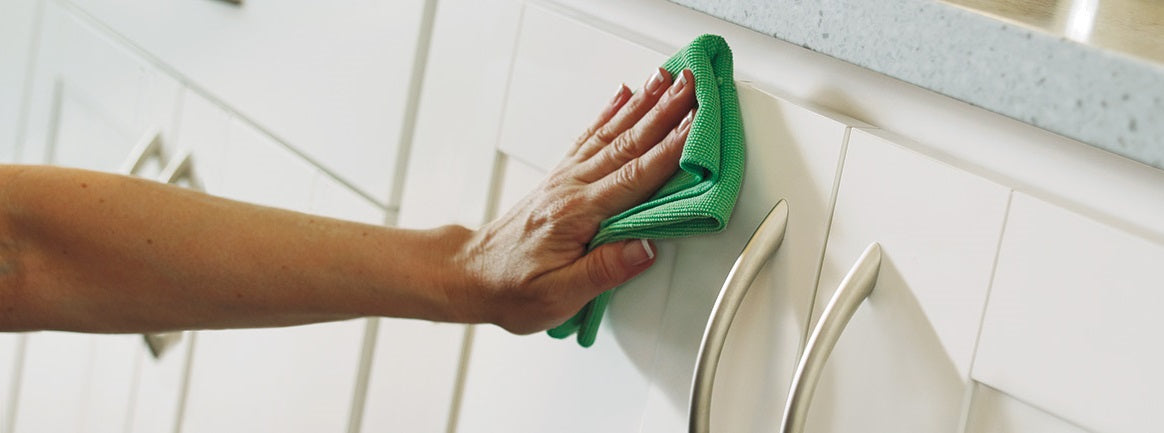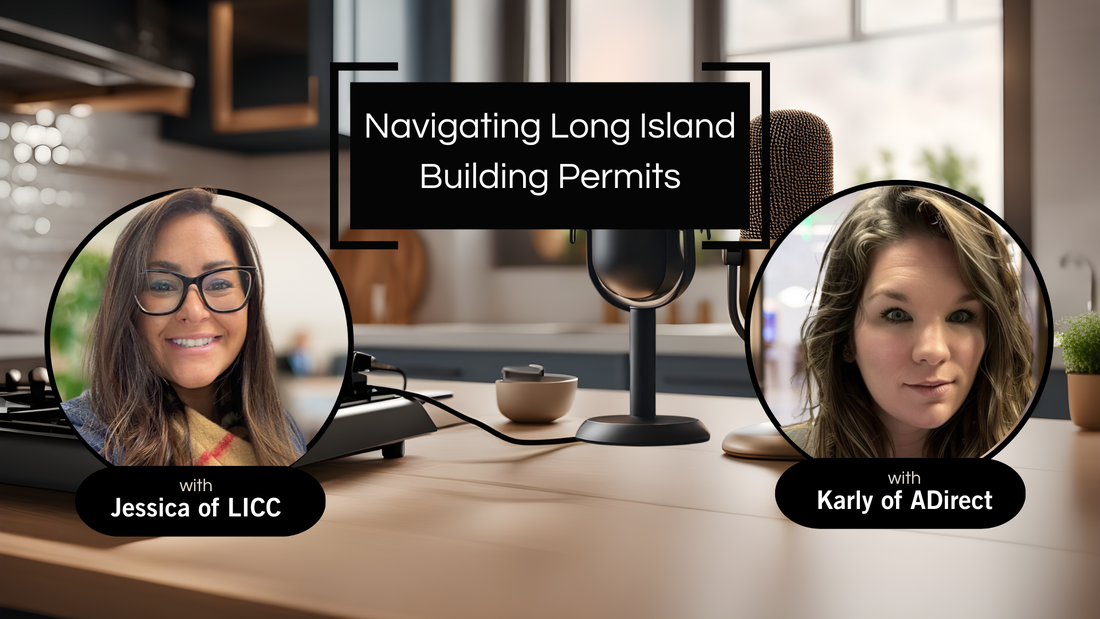In the ever-evolving world of home improvement, there's no denying that kitchen remodeling is a transformative journey, promising a fresh and modern space that suits your lifestyle. Whether you're dreaming of a sleek, contemporary design or a cozy rustic kitchen, the possibilities are endless. But before you embark on this exciting venture, it's crucial to understand the intricate web of permits and regulations that govern the process.
In this blog post, we'll delve into the importance of permits and regulations in the realm of kitchen remodeling, shedding light on why they're more than just bureaucratic hurdles. They serve as the cornerstone of a successful renovation, ensuring your project is not only safe but also compliant with the law. To provide you with expert insights and guidance, we've had the privilege of interviewing a local expert in Long Island who specializes in building permits and regulations for home renovations. So, fasten your seatbelts, because we're about to embark on a journey of knowledge and empowerment, ensuring your kitchen remodeling dreams come true within the bounds of the law.
Karly of A Direct Cabinets:
Welcome to this informative interview where we'll explore the ins and outs of permits and regulations for kitchen remodeling on Long Island, New York. To kick things off, could you introduce yourself and your expertise in this field?
Jessica of Long Island Creative Contracting:
Certainly, I'm Jessica, and I've been working in the construction and renovation industry on Long Island for over 13 years. During this time, I've gained extensive experience navigating the permitting and regulatory landscape for various renovation projects, including kitchen remodels.
K: That's impressive! Let's dive right into the subject.
What are the main permits homeowners typically need when planning a kitchen renovation on Long Island?
LICC: Long Island townships often require several permits when it comes to kitchen renovations, including:
- Building Permit: This is essential for structural changes, like adding or removing walls, or expanding the kitchen space.
- Electrical Permit: Necessary for any electrical work, such as installing new outlets, lighting, or rewiring.
- Plumbing Permit: For any plumbing alterations, like moving sinks or gas lines.
- Zoning Permit: In some cases, (like relocating or expanding a kitchen to a new addition), local zoning regulations may affect the scope of your project, requiring a zoning permit.
K: Thanks for outlining the primary permits.
Can you walk us through the typical process of obtaining these permits?
LICC: Certainly, the process generally involves the following steps:
- Research: Start by researching the specific permit requirements for your town or village on Long Island. Regulations can vary, so knowing what applies to your area is crucial.
- Documentation: Be prepared to provide your contactor with a current property survey as well as all Certificates of Occupancies or Structures of the home (aka CO’ or CC’s). Gather all necessary documents, such as detailed project plans, permit applications, and any additional requested information.
- Submission: Submit your permit applications to the appropriate local government office, usually the Building Department or a similar agency.
- Review: Authorities will review your application to ensure it complies with local building codes and zoning regulations.
- Inspections: Once permits are approved, you'll need to schedule inspections at various stages of your project to ensure compliance.
K: It sounds like a detailed process.
Are there any common challenges or pitfalls homeowners should be aware of when dealing with permits on Long Island?
LICC: Absolutely, here are some common challenges:
-
Delays: The permitting process can sometimes be time-consuming, so it's essential to plan your renovation timeline accordingly.
⭐ Pro Tip to AVOID DELAYS: Prior to submitting a building application put in a request to your local town or Incorporated Village for all Certificates of Occupancies & Structures as well as inquire if the home has any missing or “pending” permits. Through The Freedom of Information Law , aka (FOIL), New York gives the public a right to access government records which is easily accessible from most town’s websites. Getting ahead of these common red flags can save you a lot of time and aggravation.
- Costs: Permit fees can add to your overall project cost, so it's crucial to budget for them.
- Compliance: Failure to comply with local regulations can result in fines or having to redo work, so it's vital to understand the rules.
- Zoning Issues: Zoning regulations can be complex, so consulting with local zoning officials or a professional can help you navigate them successfully.
K: Those are valuable insights.
Where can homeowners turn for guidance or resources when dealing with permits and regulations for kitchen remodeling in Long Island?
LICC: Homeowners have several resources at their disposal:
- Local Building Department: The primary source of information on permits and regulations in your specific area.
- Licensed Contractors: Experienced kitchen remodelers often have knowledge of the local permitting process. Some remodeling companies like Long Island Creative Contracting, will take care of all the permits for you. They will handle inspections and close out to receive the end certificates as well, which is one less thing you'd have to worry about.
- Architects and Designers: Professionals in these fields are well-versed in local regulations and can help with project planning. Inquire with your architect about submitting your application as well.
- Town of Hempstead: Buildling Department
- Town of Oyster Bay: Planning and Development
- Town of North Hempstead: Building & Zoning
- Town of Babylon: Building Department
- Town of Islip: Planning and Development
-
Town of Smithtown: Building Department
- Town of Brookhaven: Building Division
- Town of Riverhead: Building Department
- Town of Southold: Building Department
- Town of East Hampton: Building Department
- Town of Southampton: Land Management (current)
Although, the permit process may seem time consuming and annoying, these laws and regulations are put into place to keep you and your family safe. Hire a licensed and knowledgeable contractor who will keep a safe jobsite and has the incite to stay one step ahead to avoid delays.
K: Thank you, Jessica, for sharing your expertise on this crucial topic. Your insights will undoubtedly help homeowners navigate the permitting and regulatory aspects of their kitchen remodeling projects in Long Island successfully.
LICC: You're welcome. I hope this information proves helpful for homeowners looking to embark on their kitchen renovation journey while ensuring compliance with local regulations. Remember, compliance not only makes your project smoother but also safer and more valuable.



